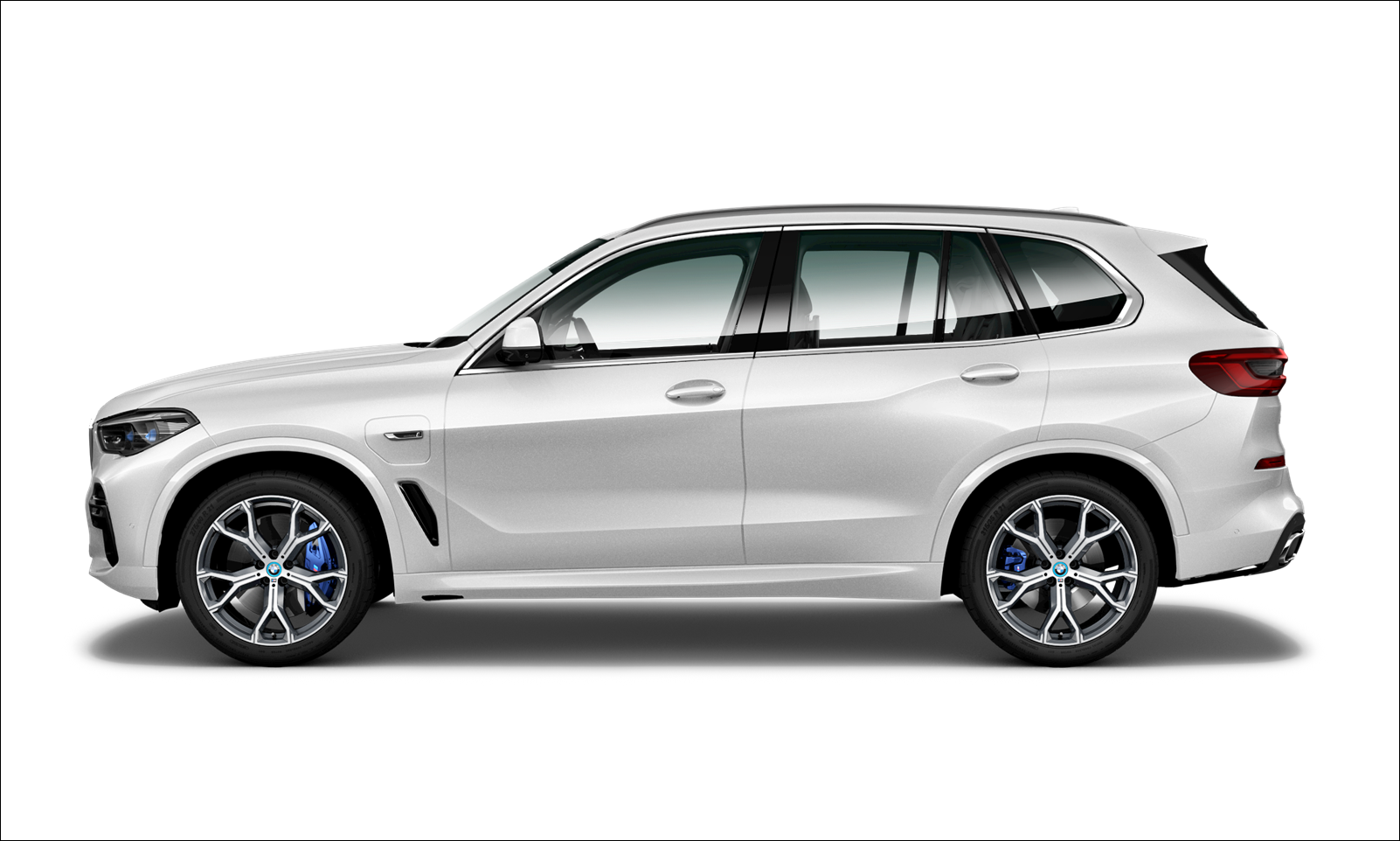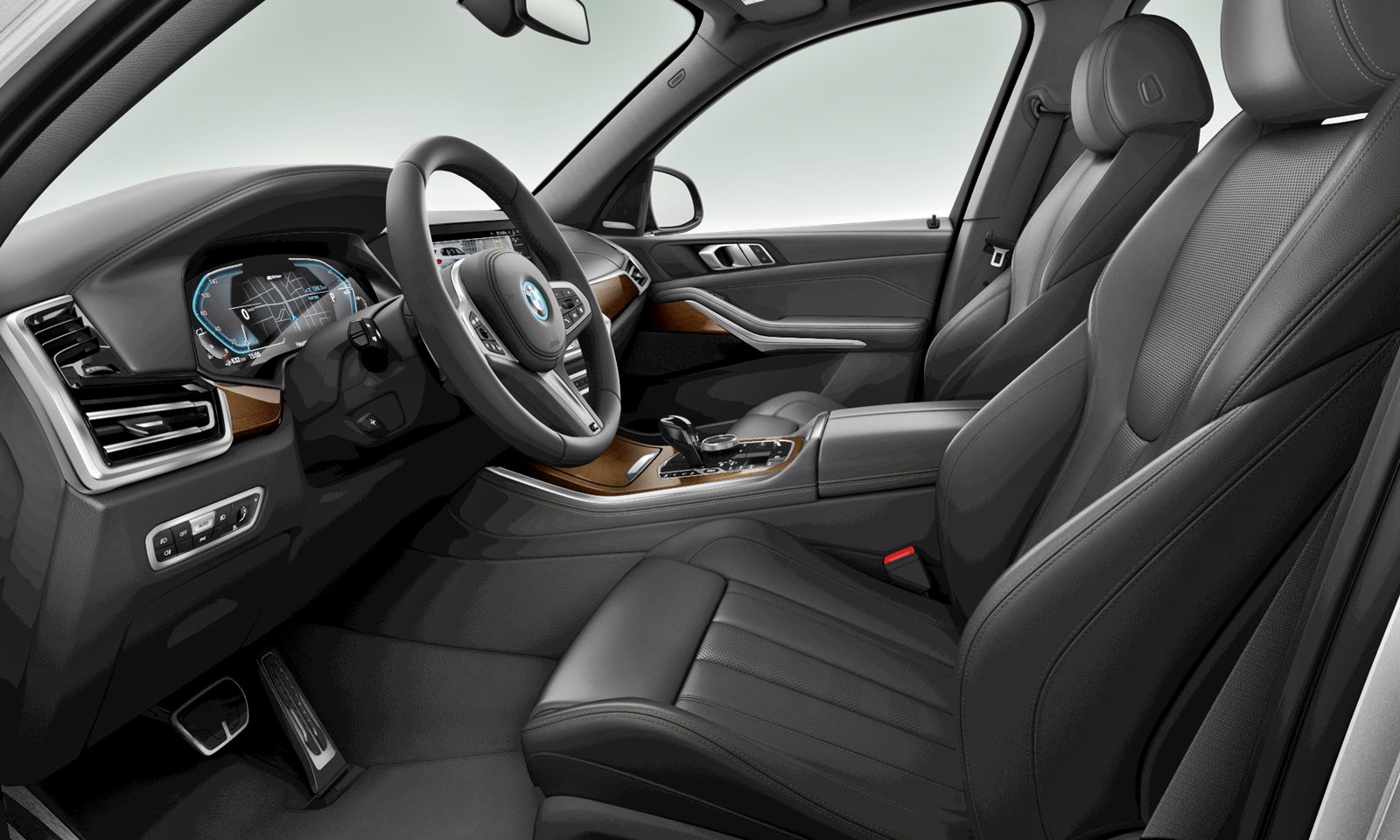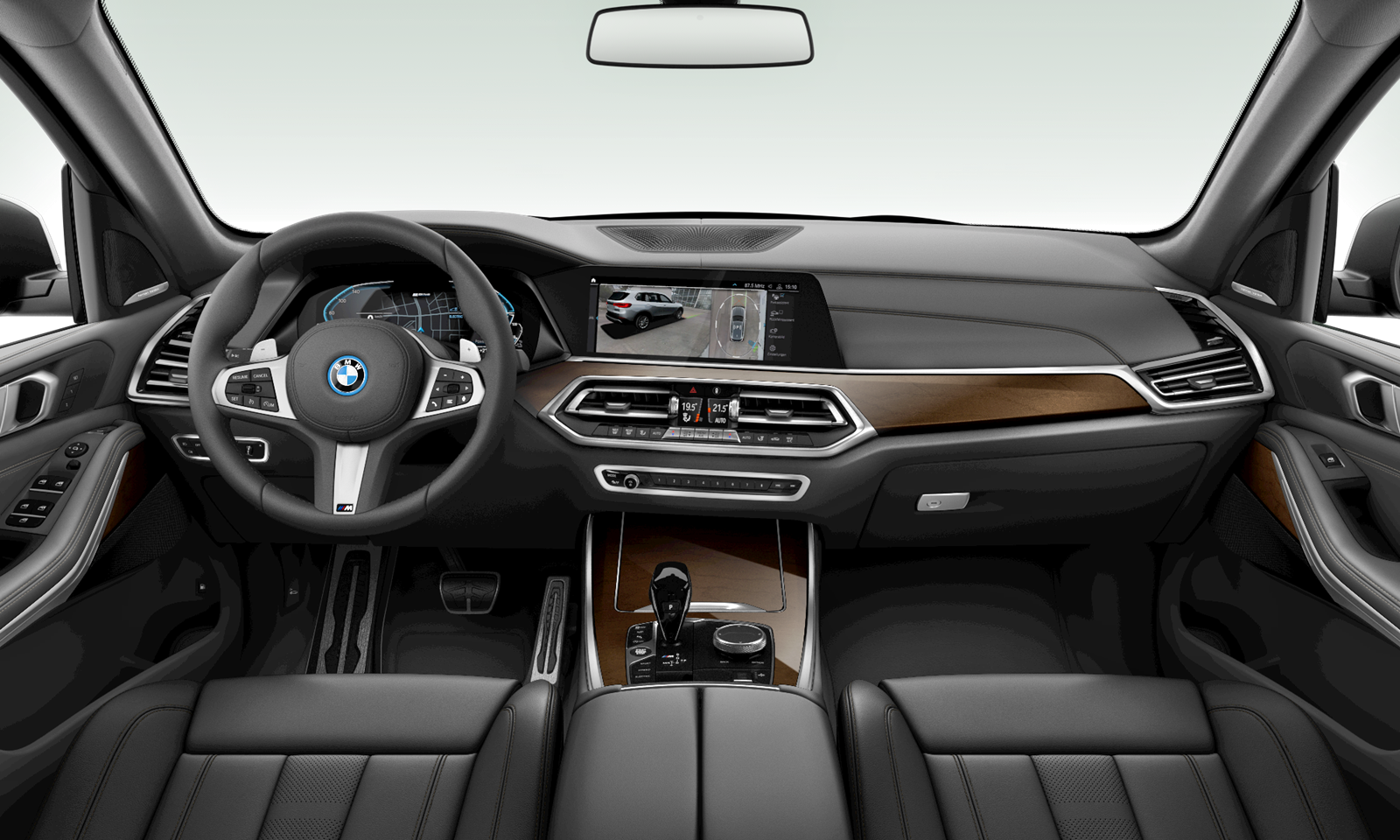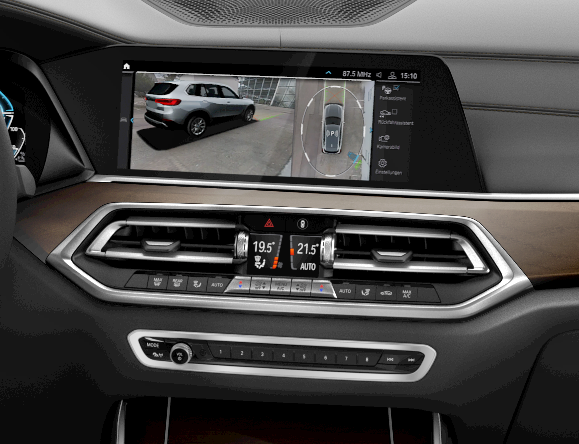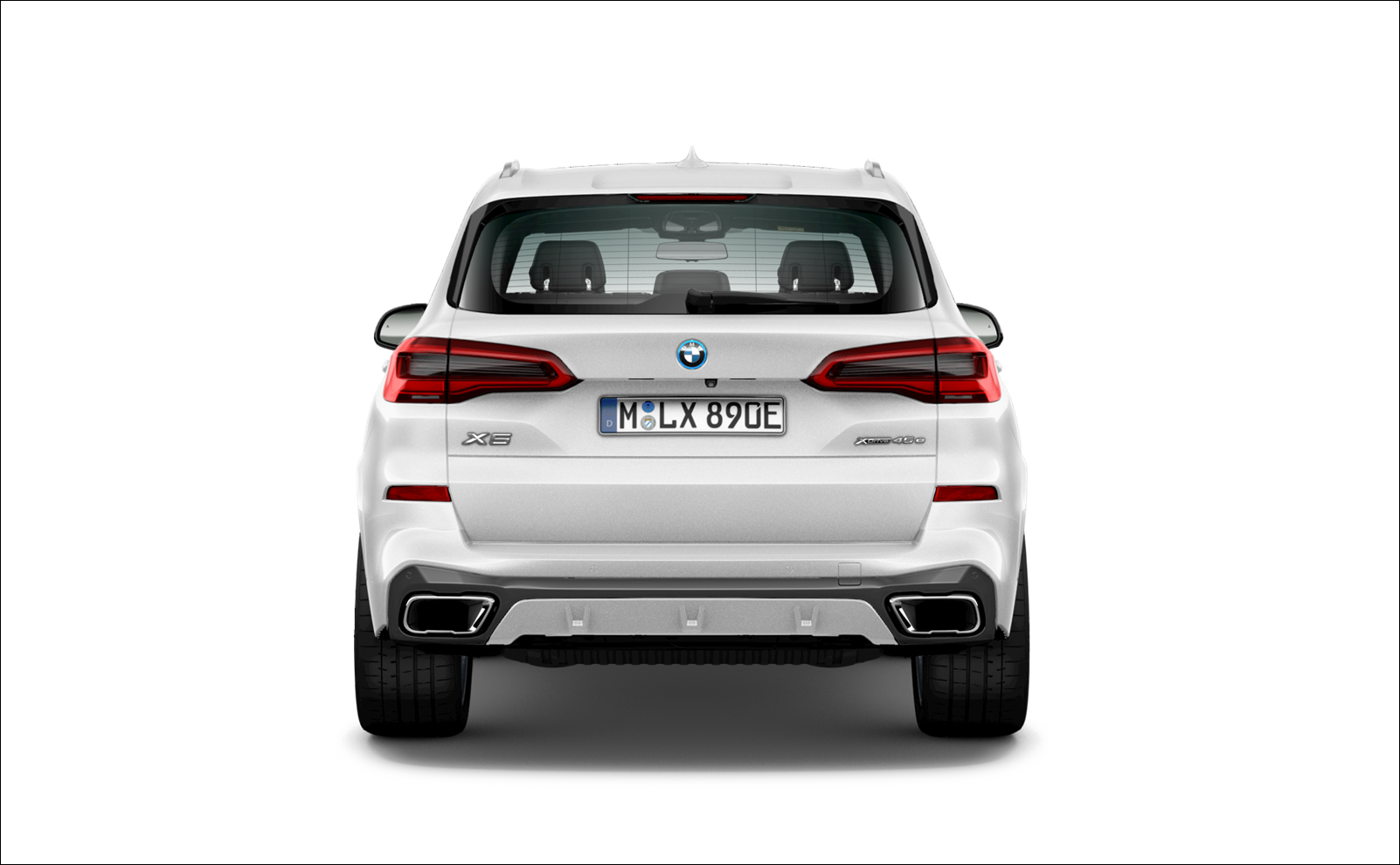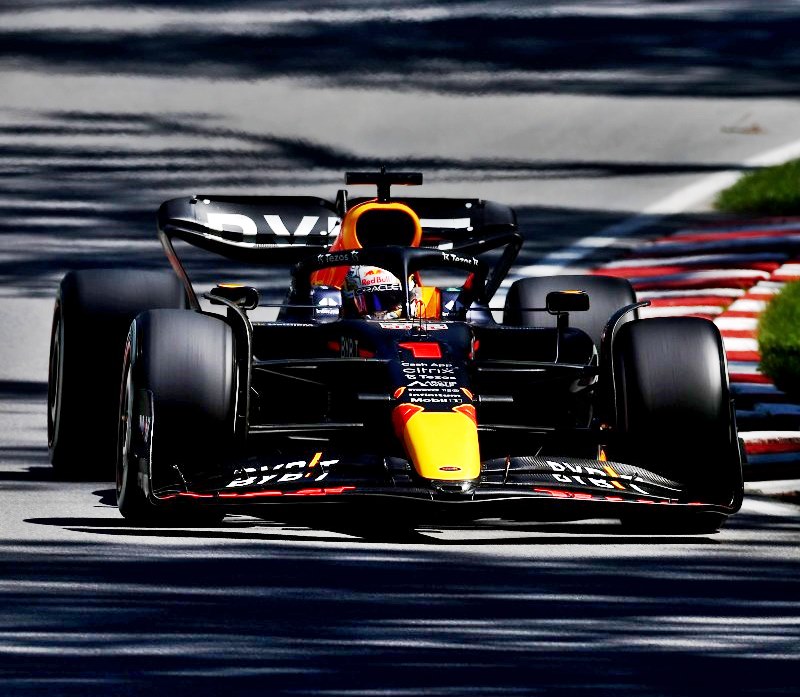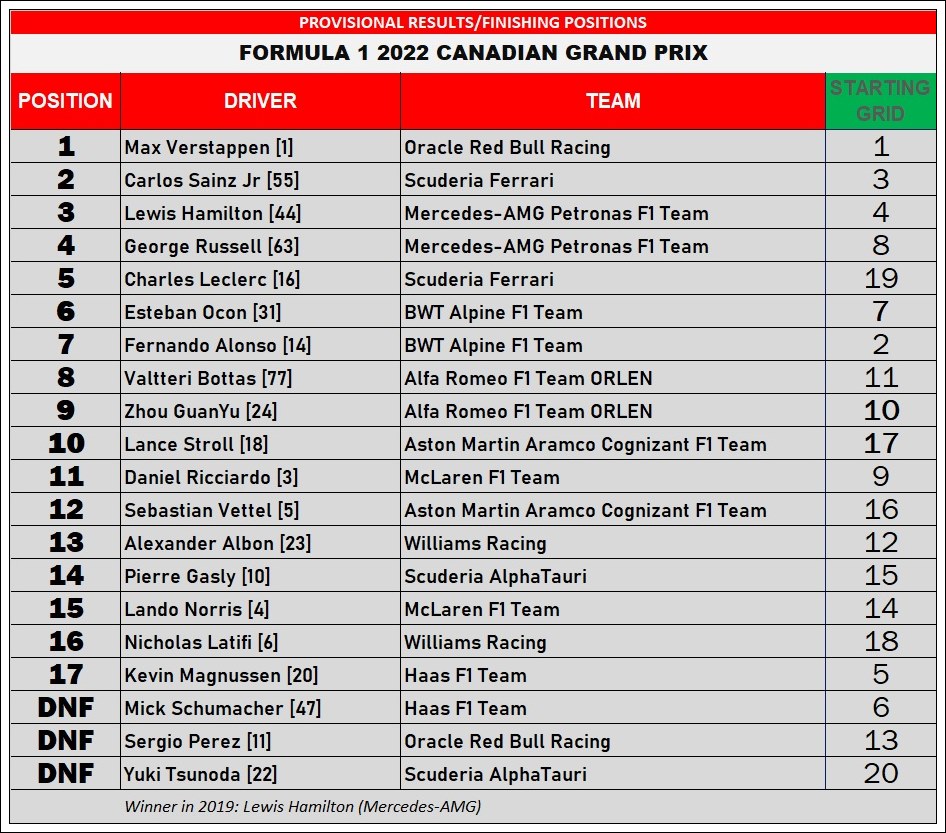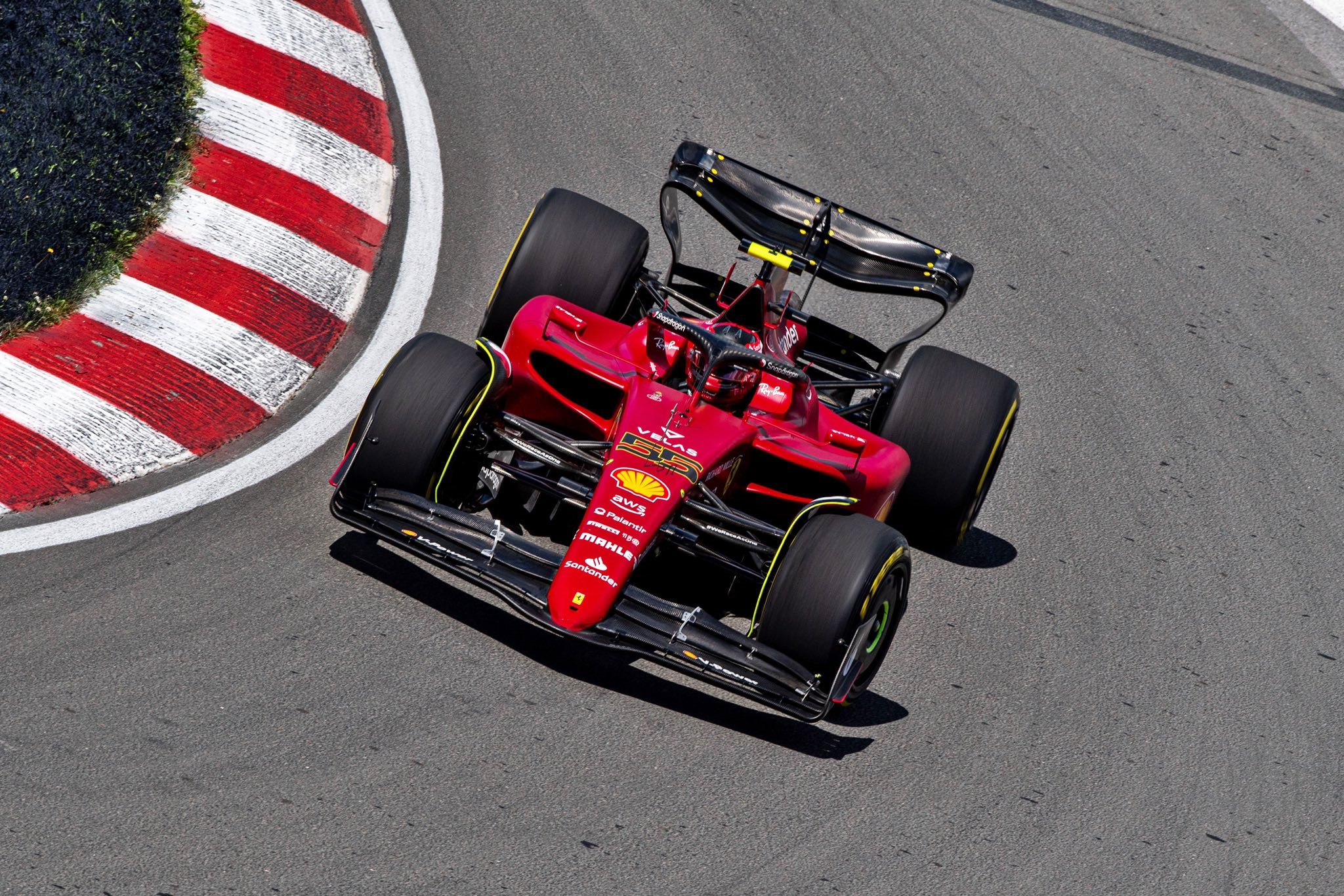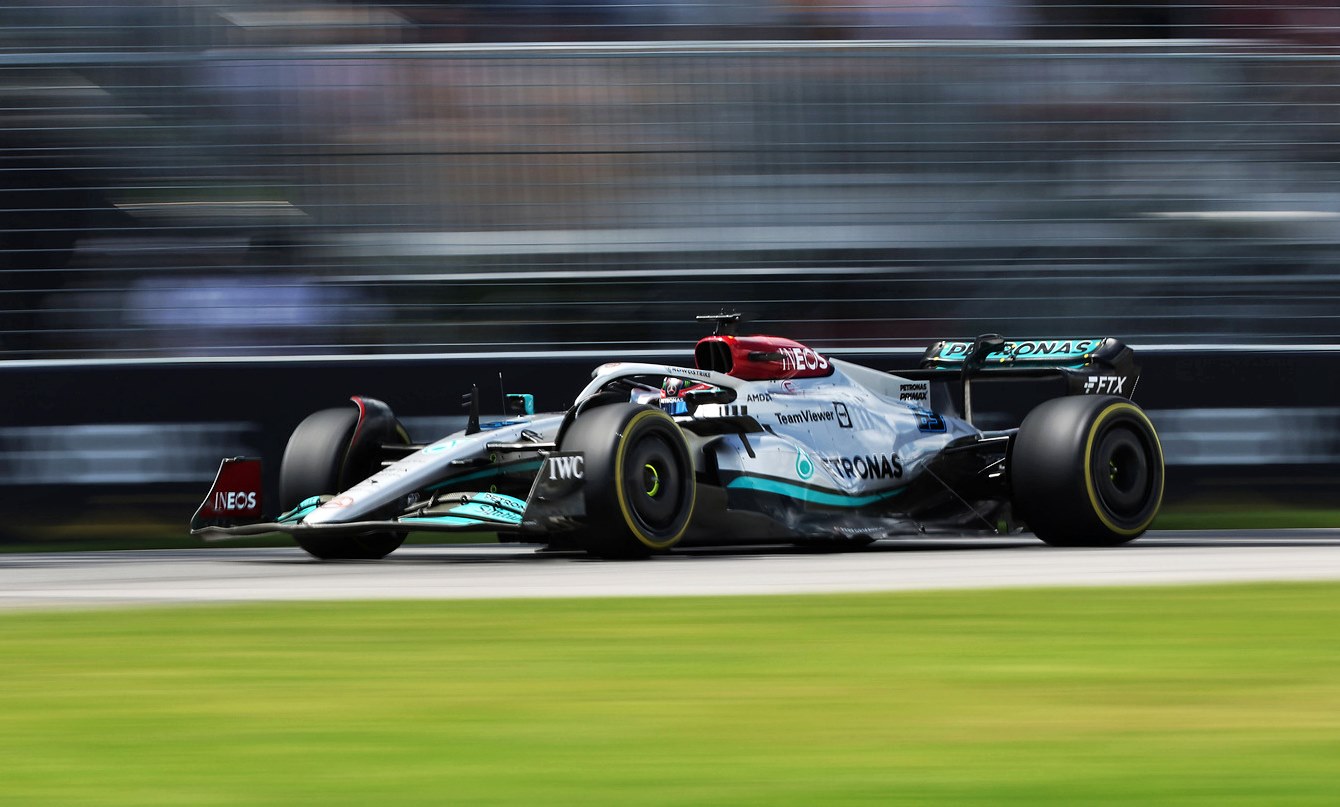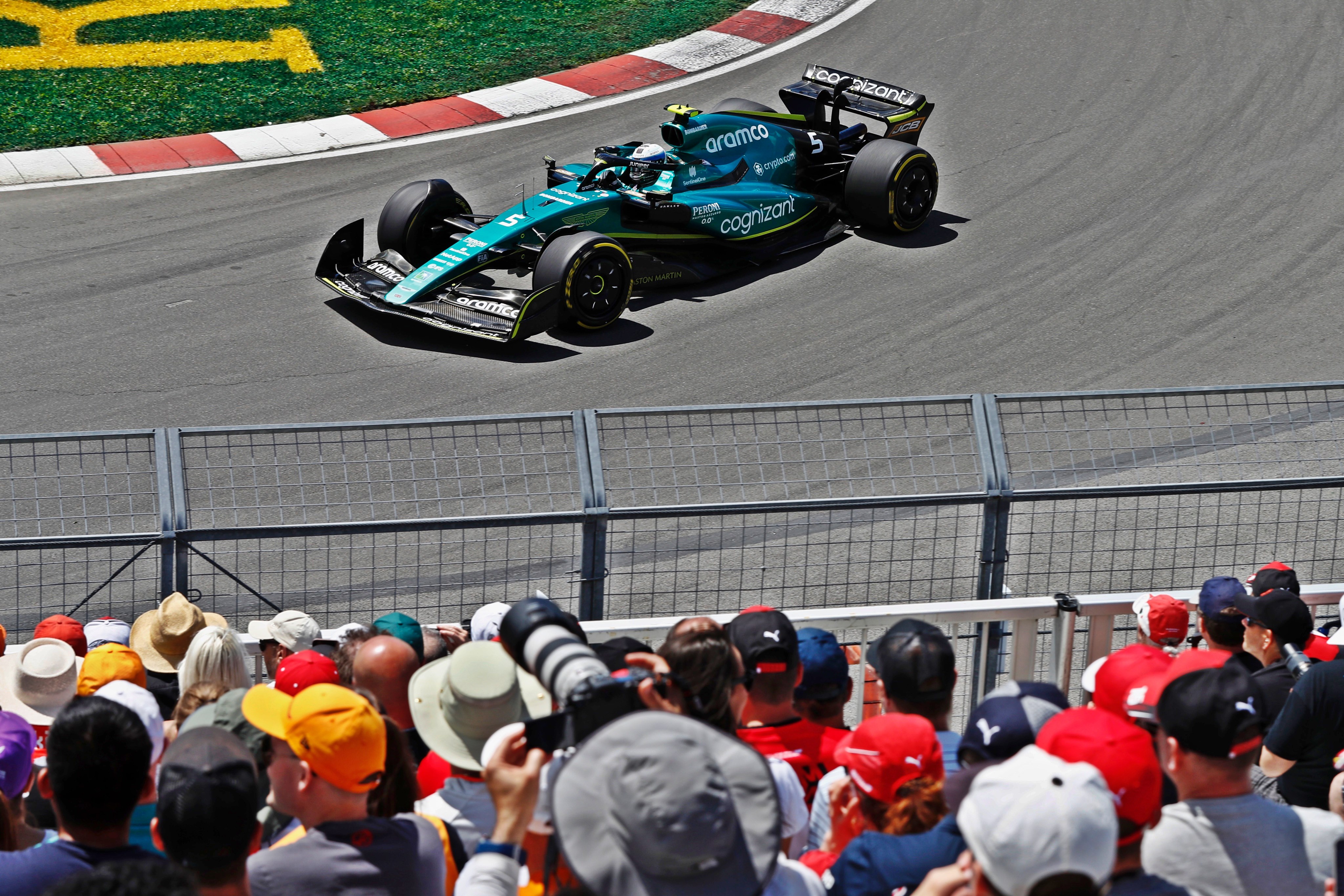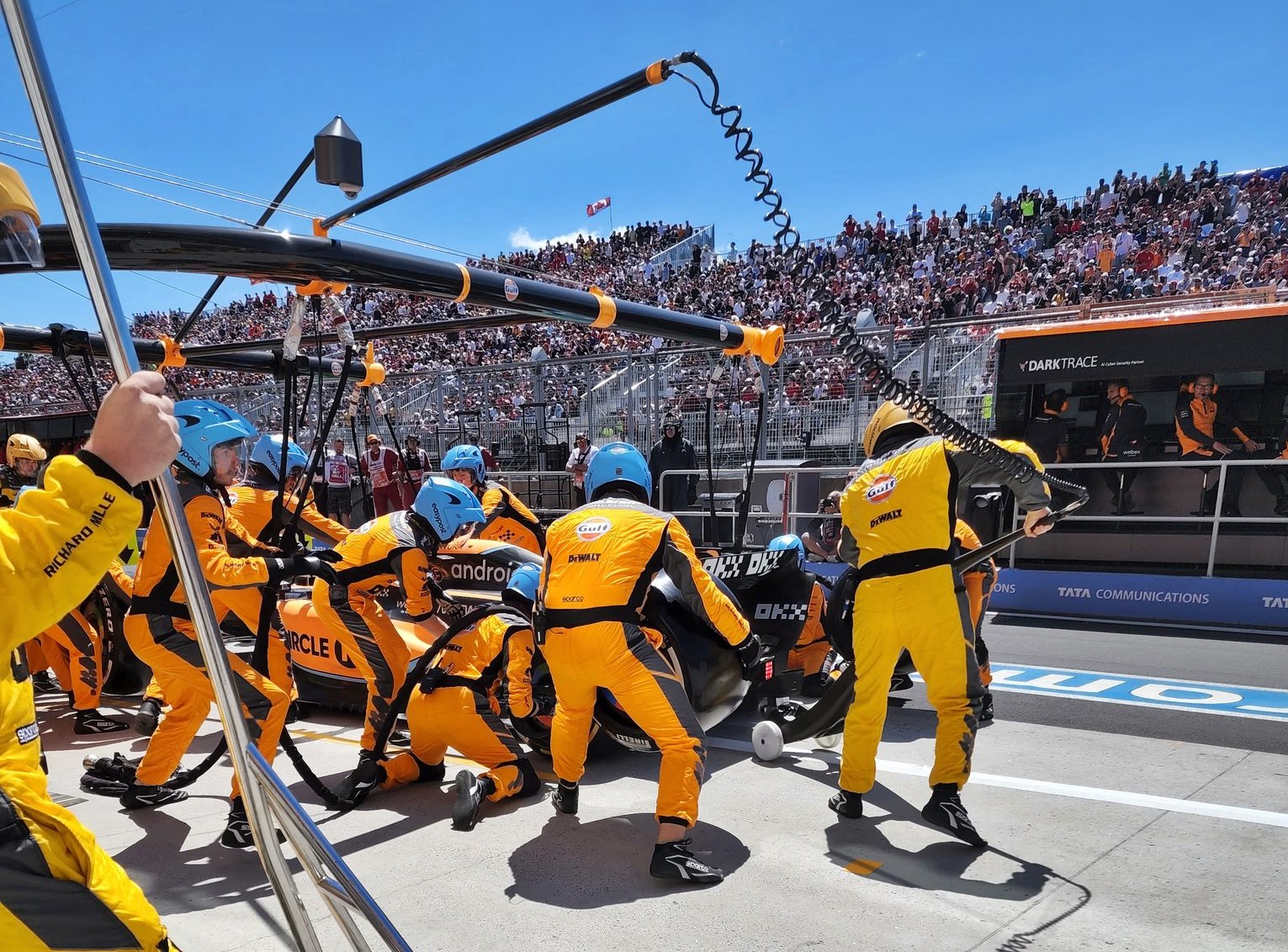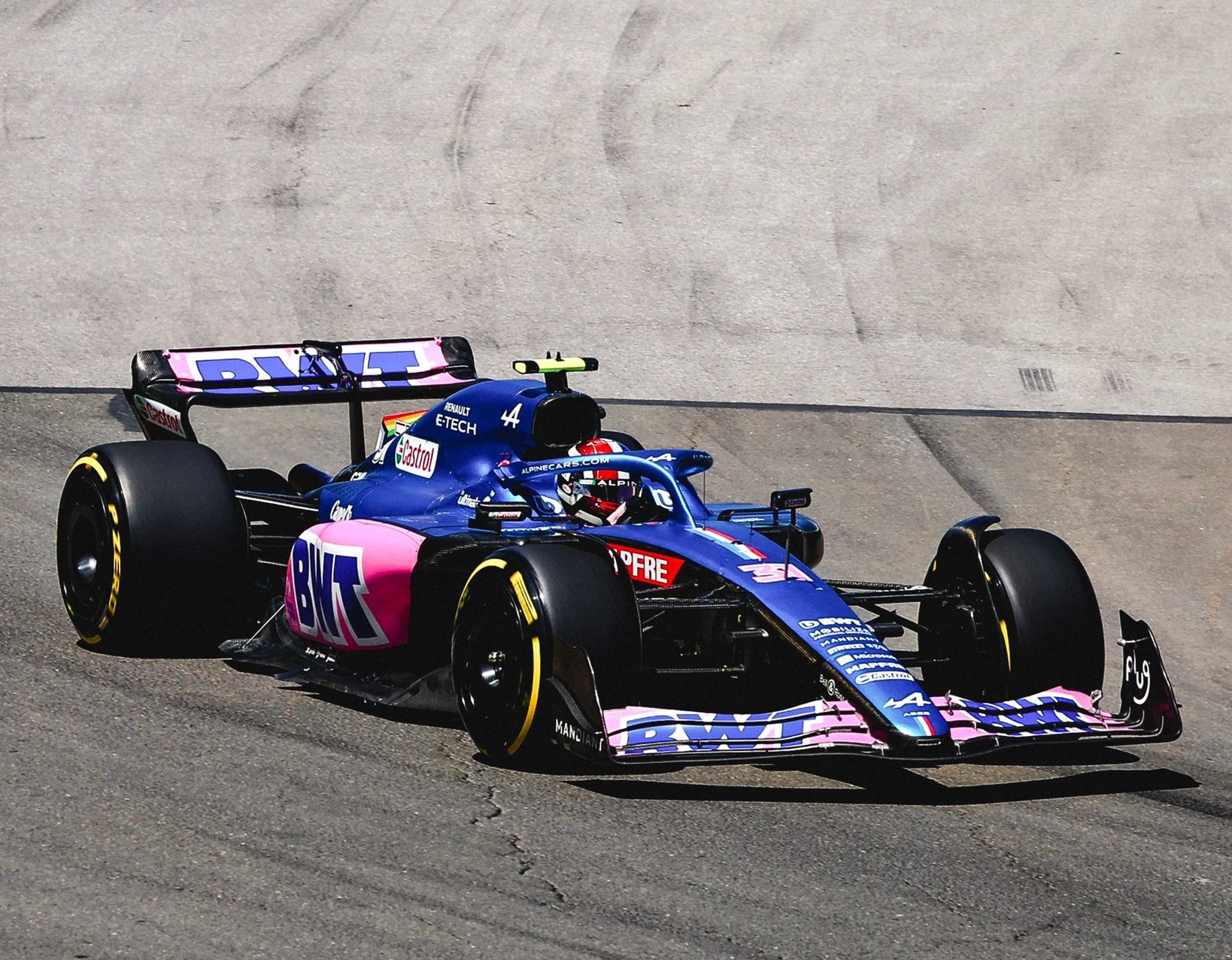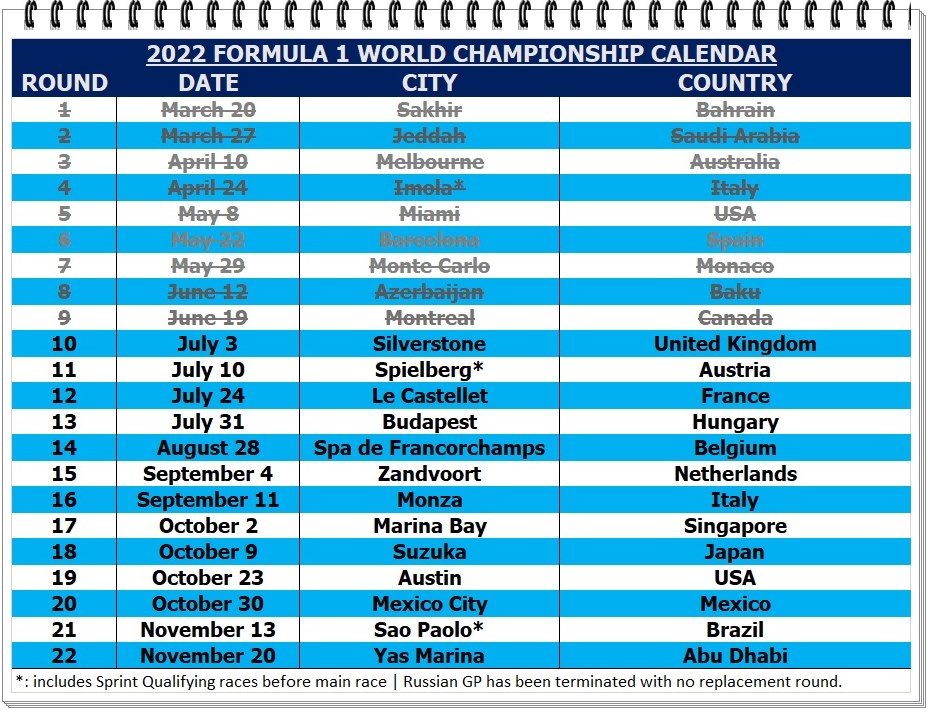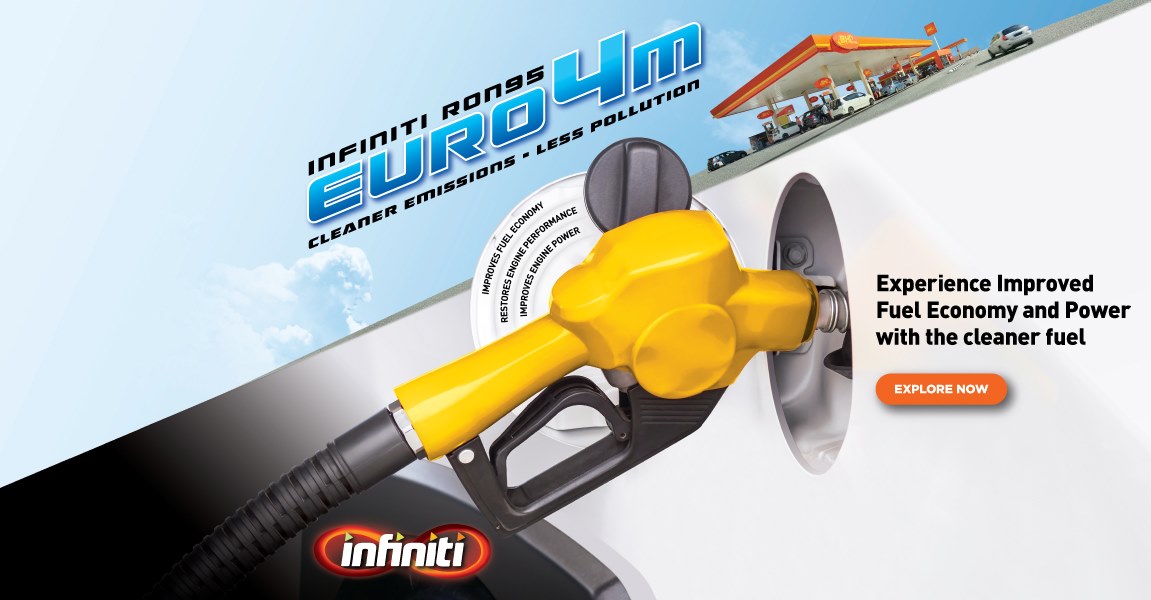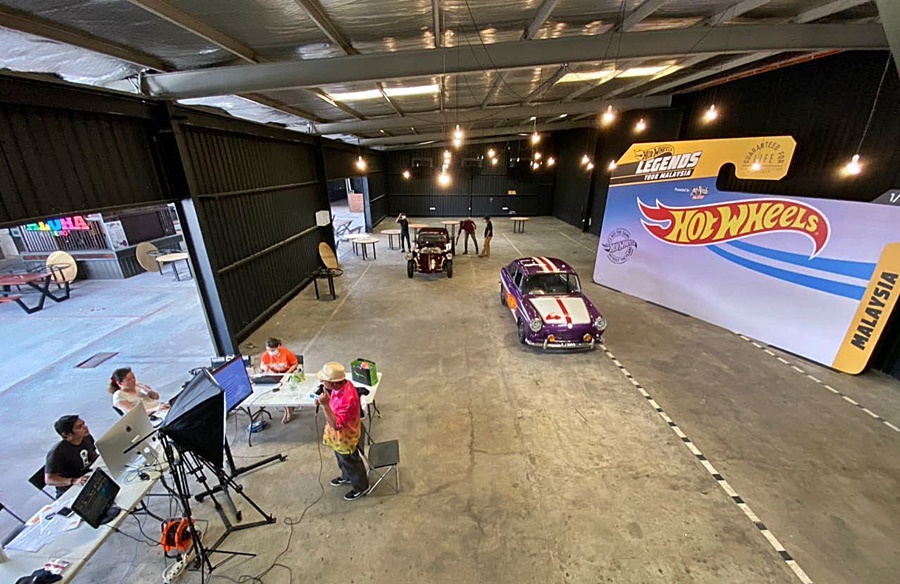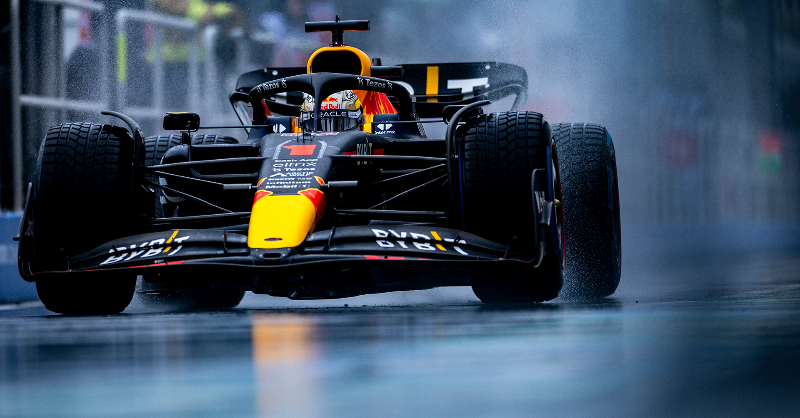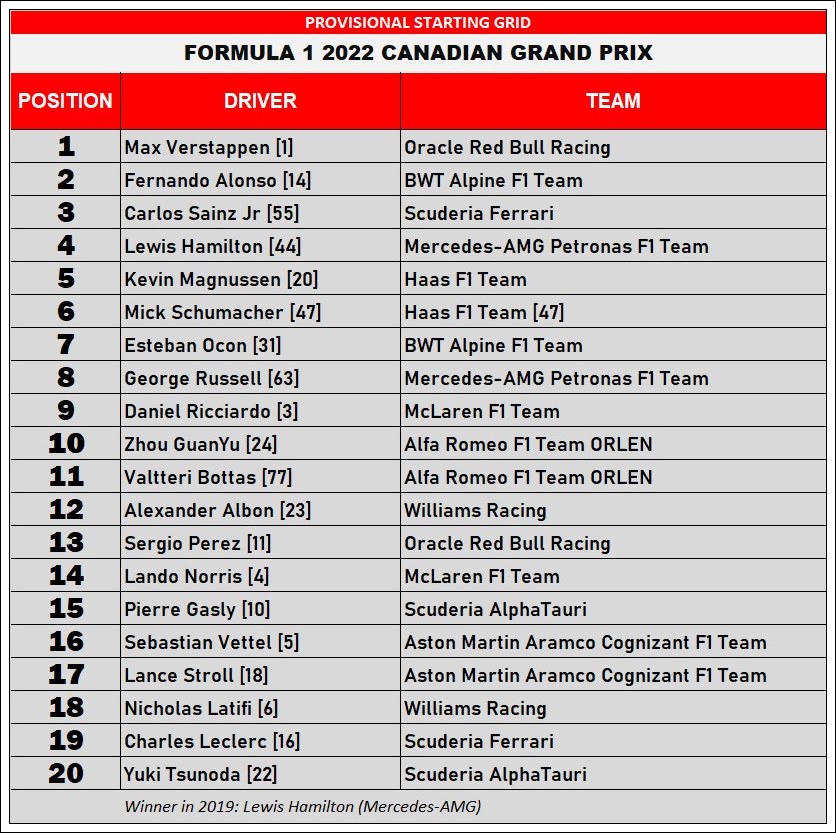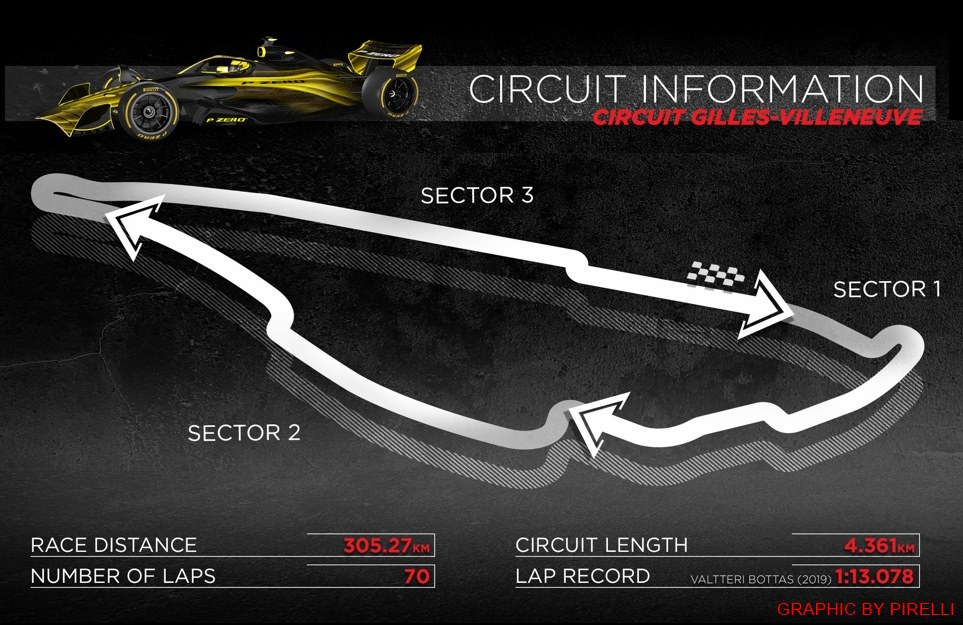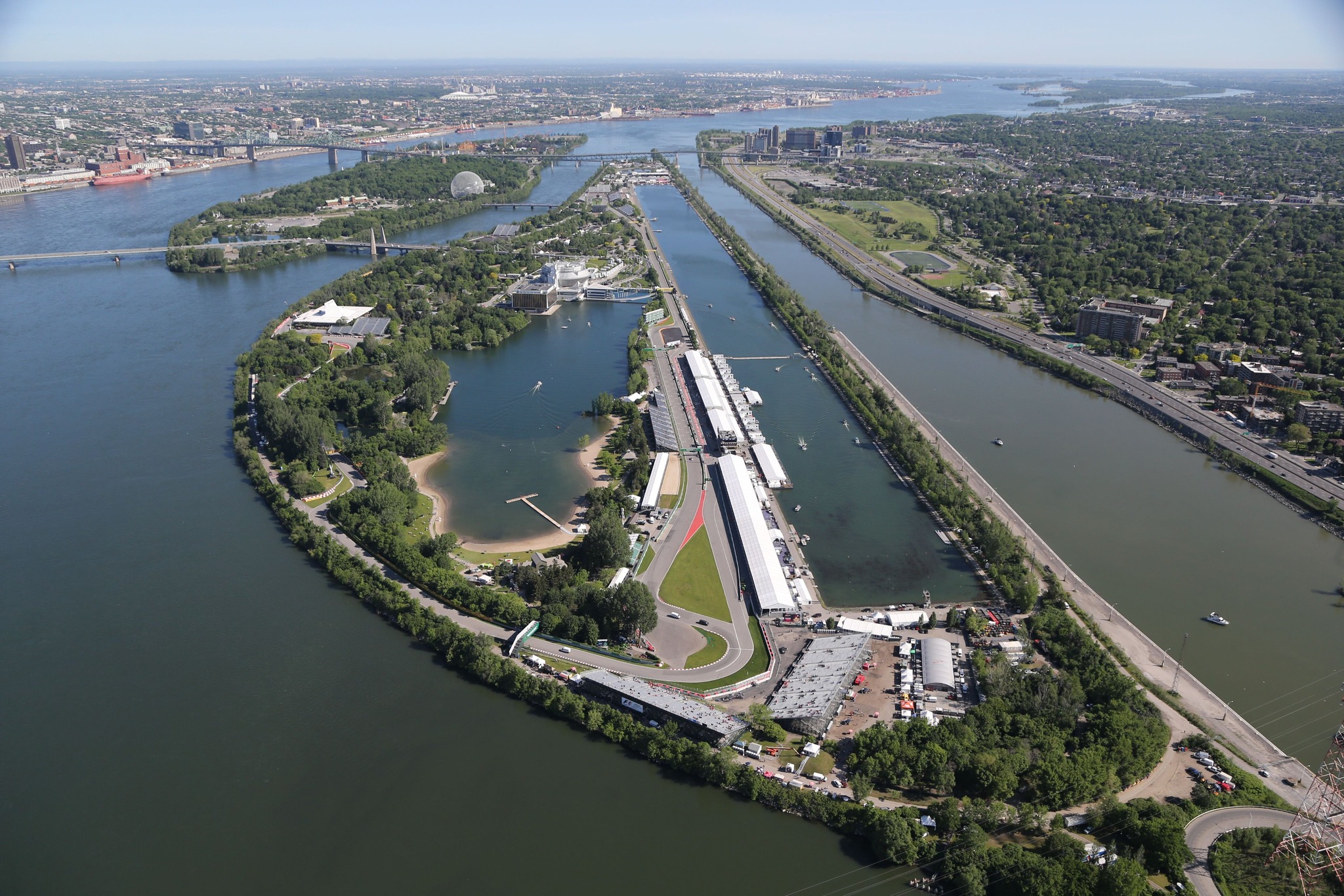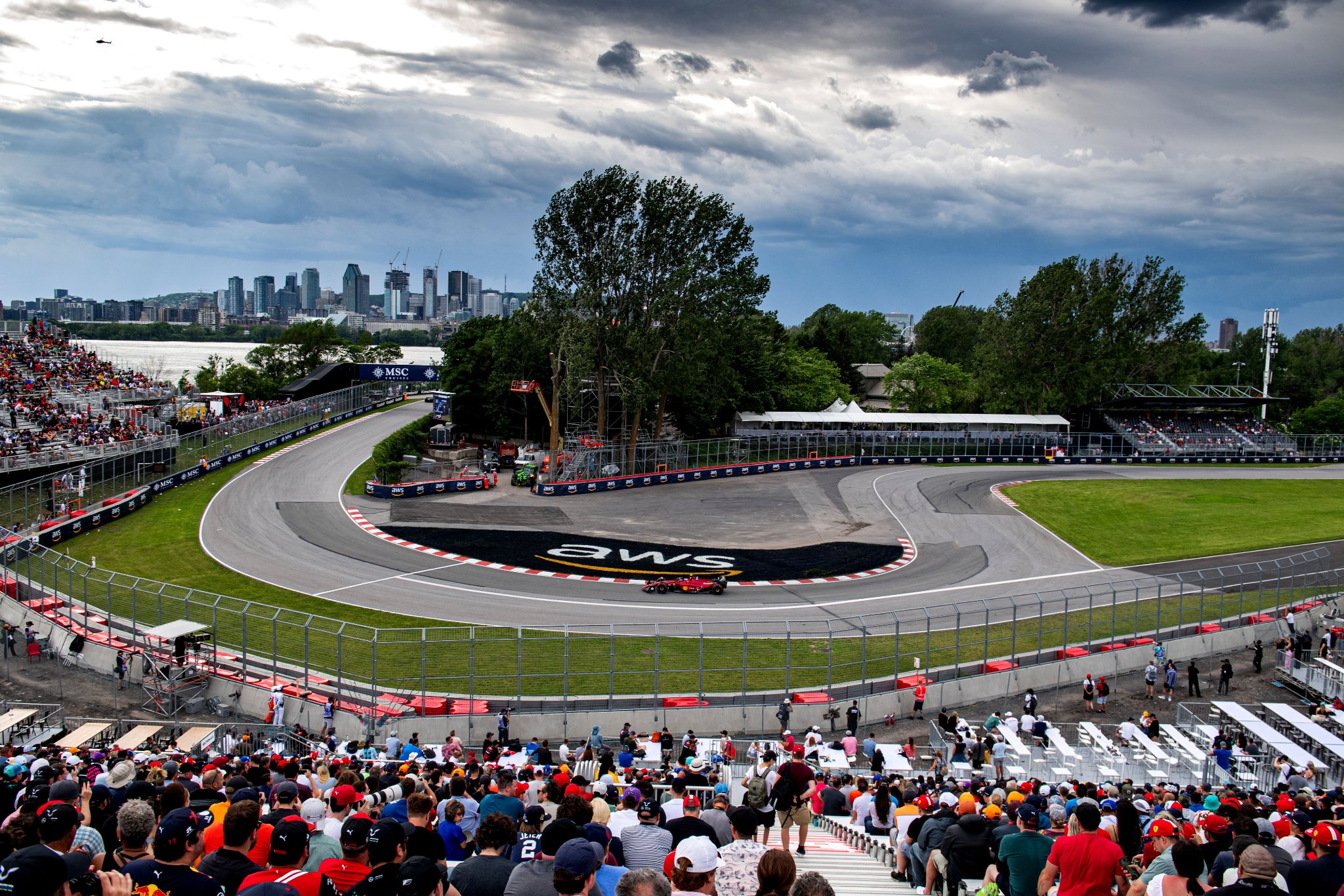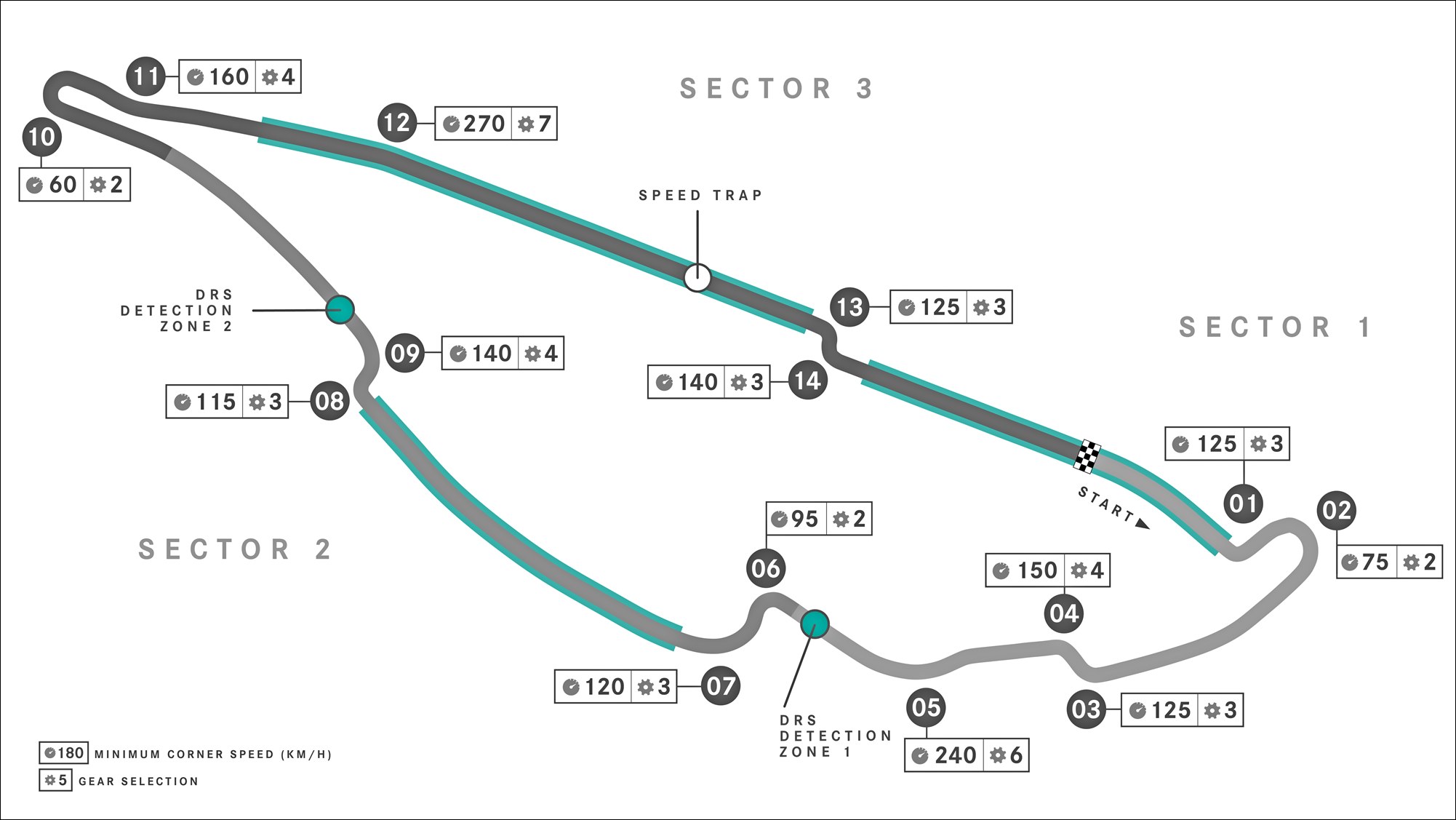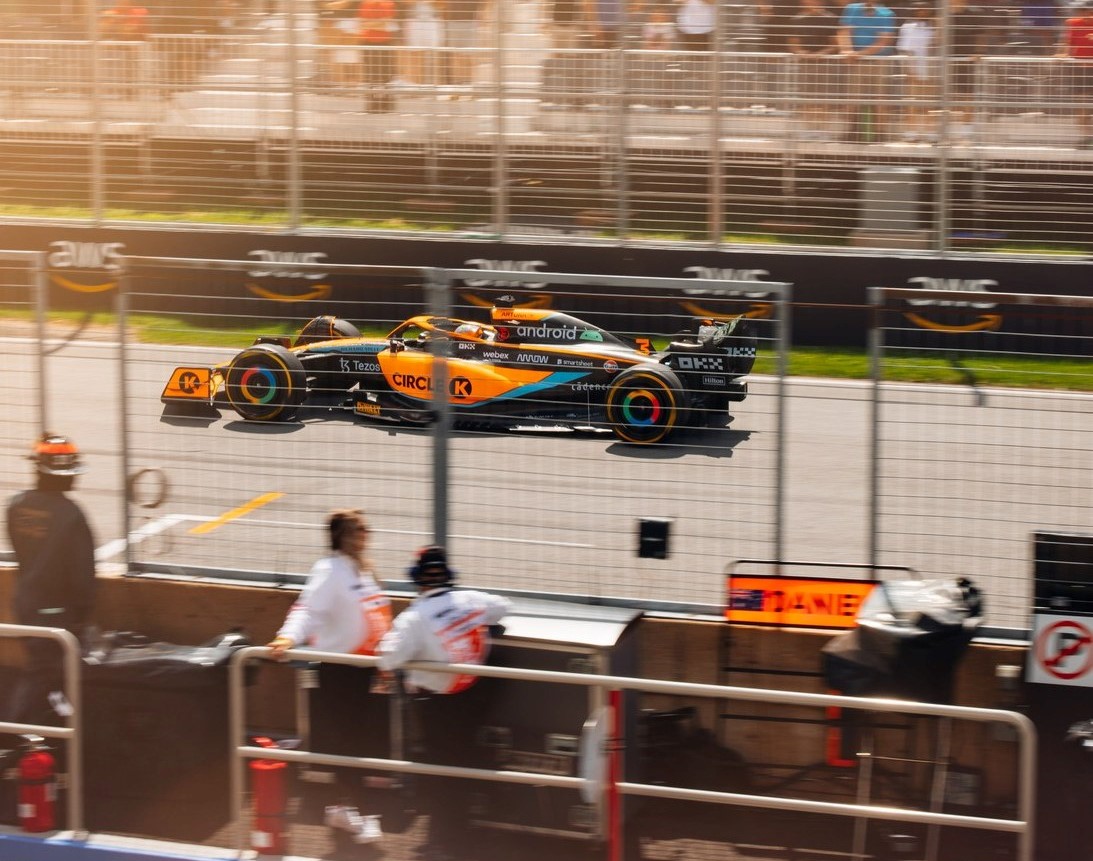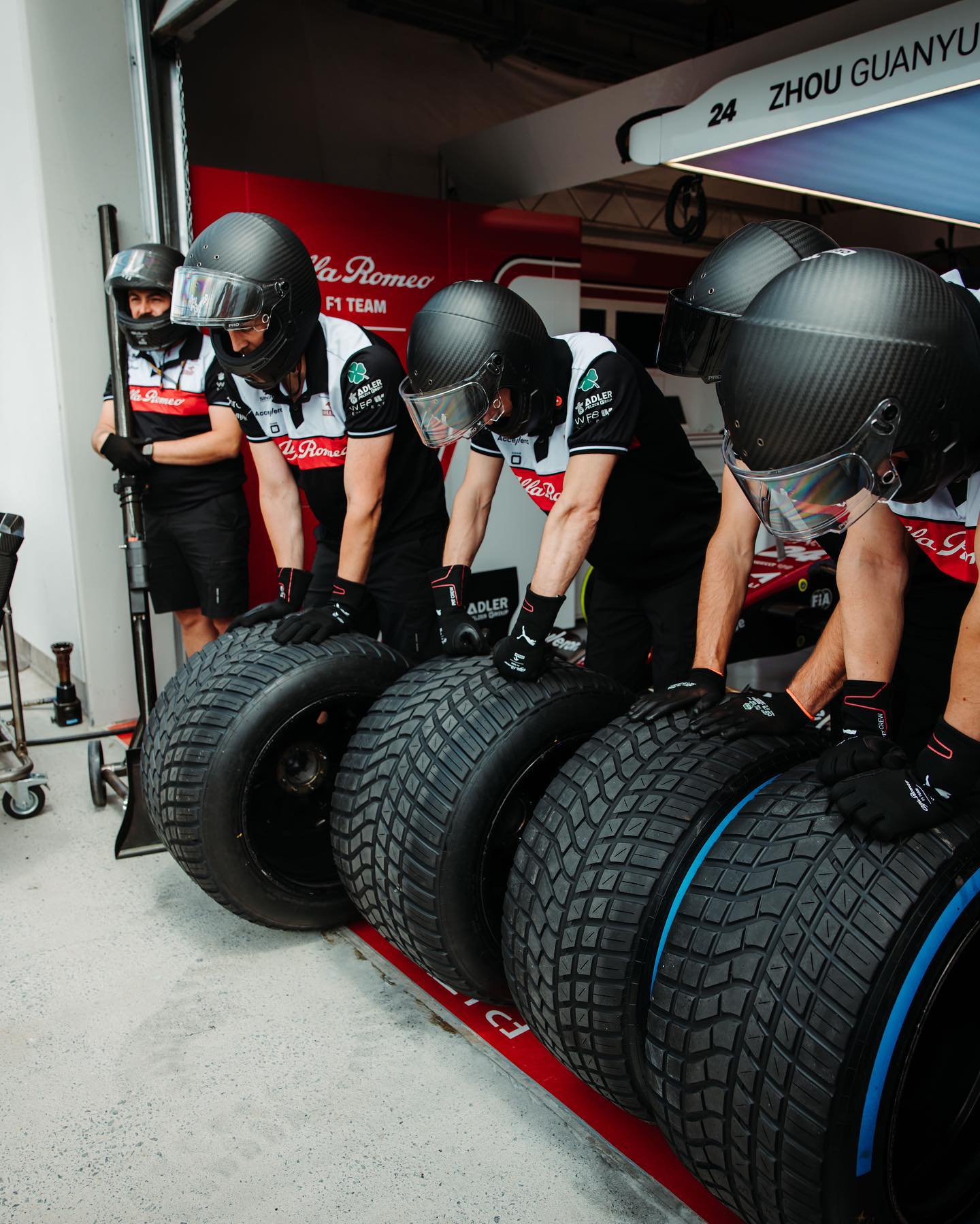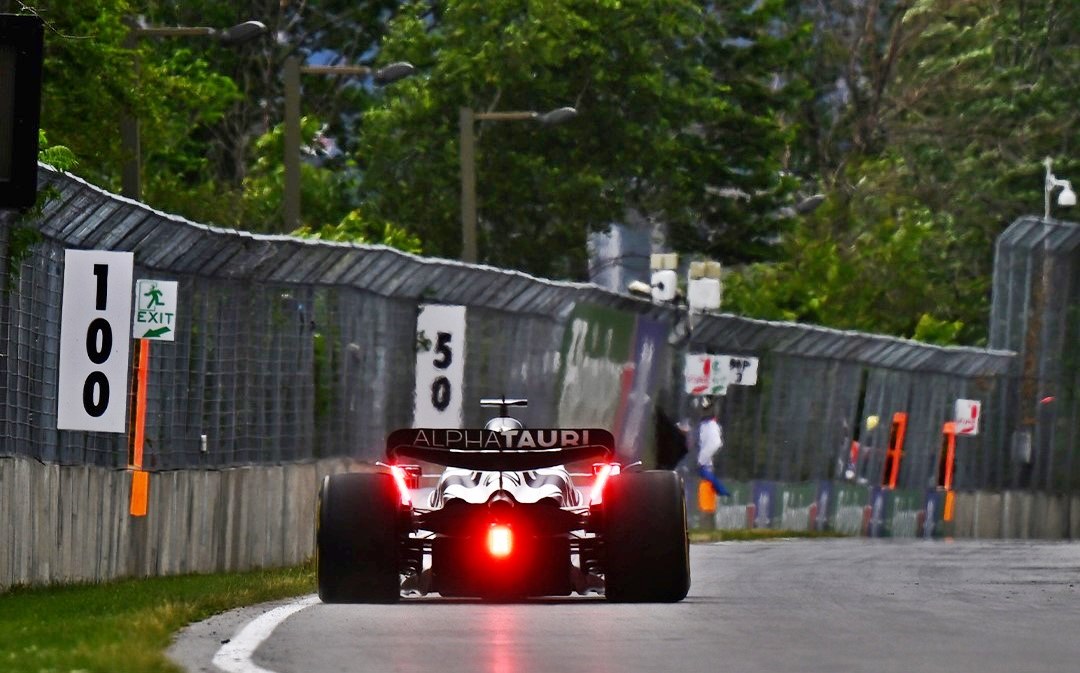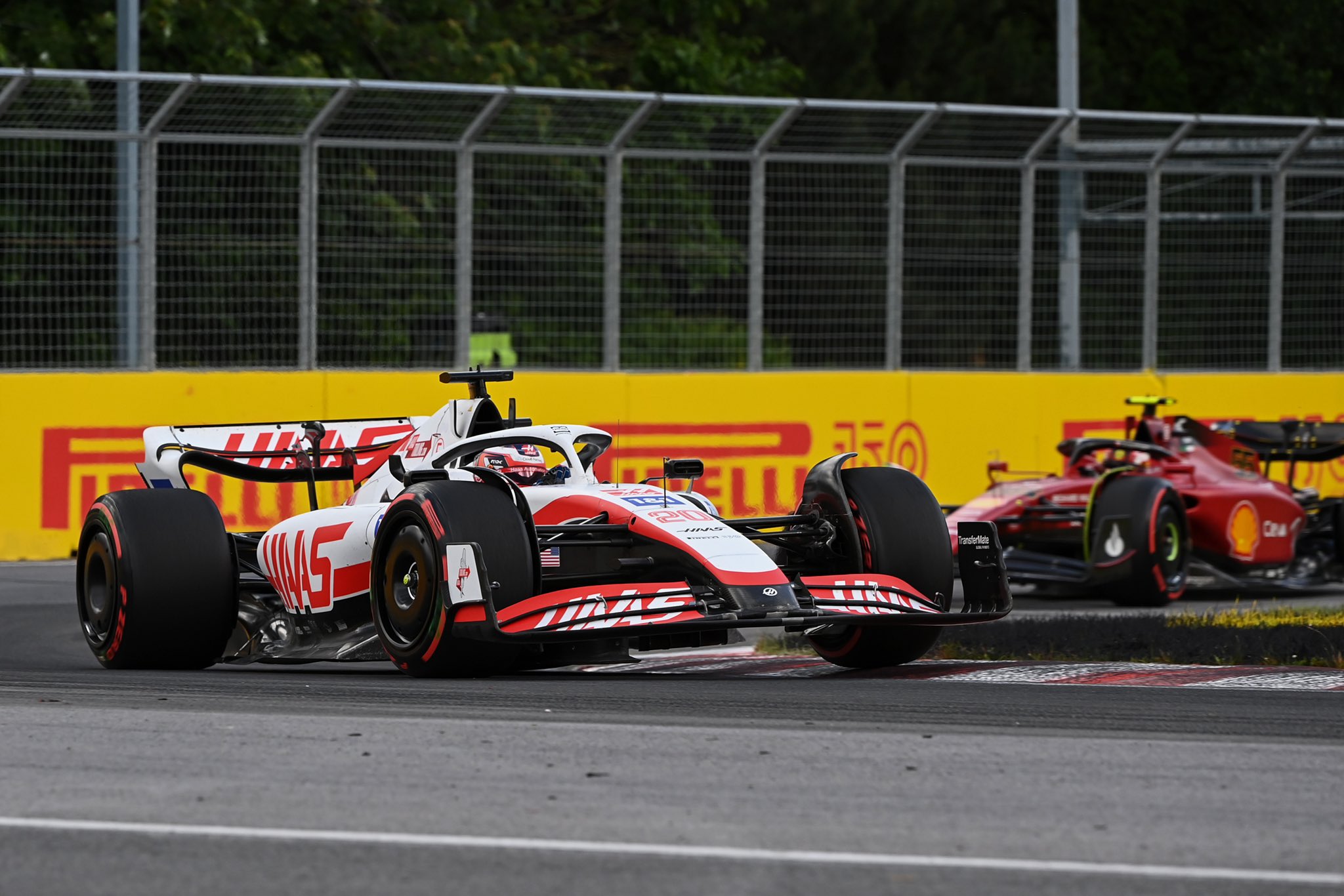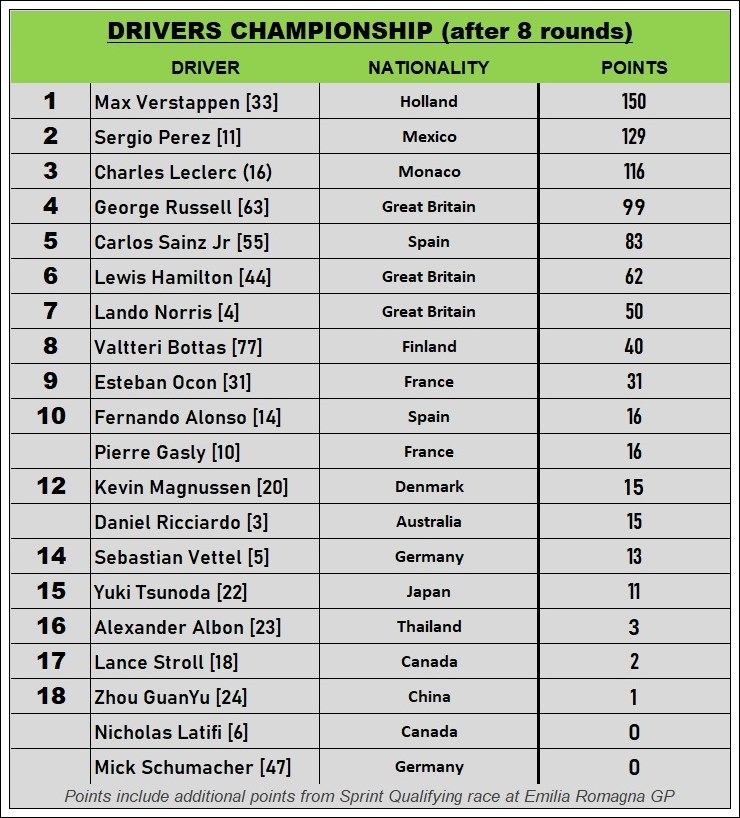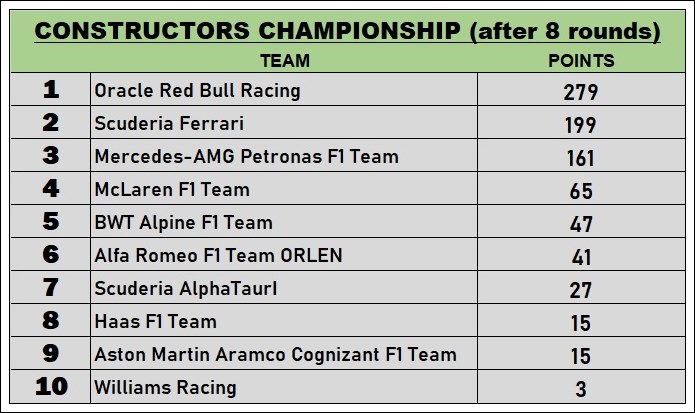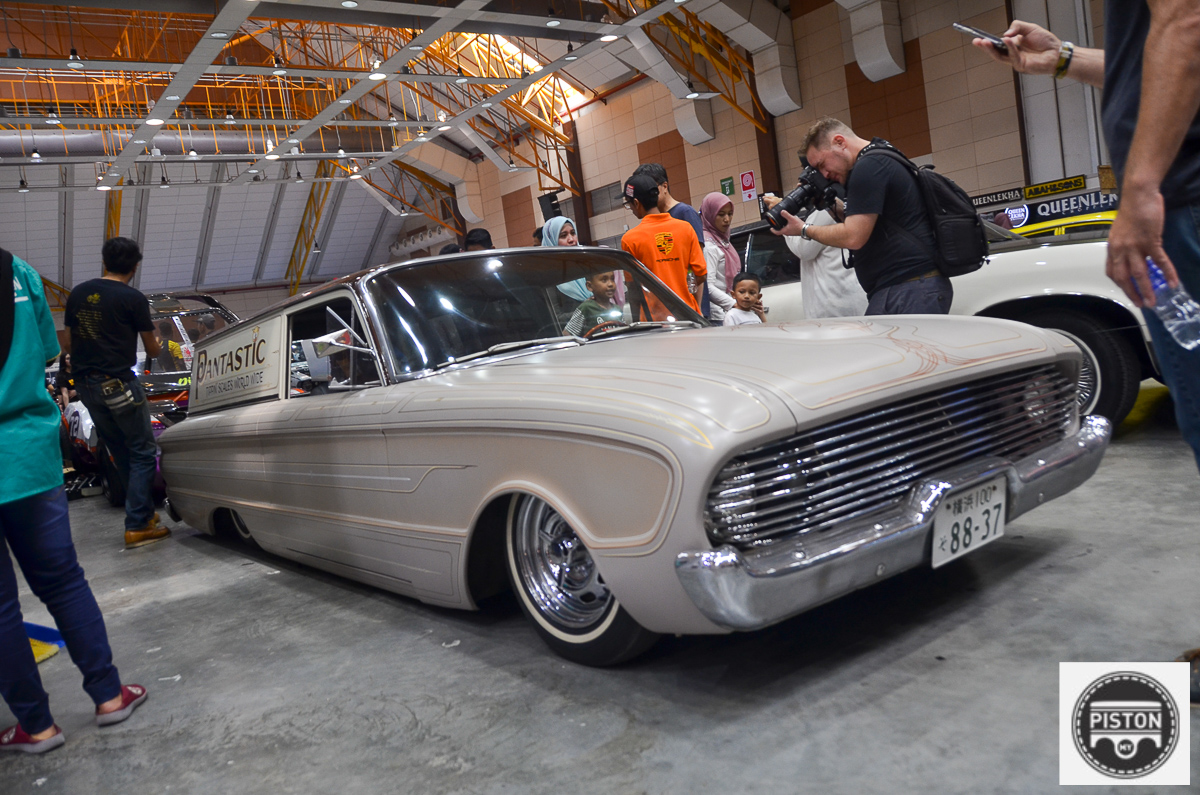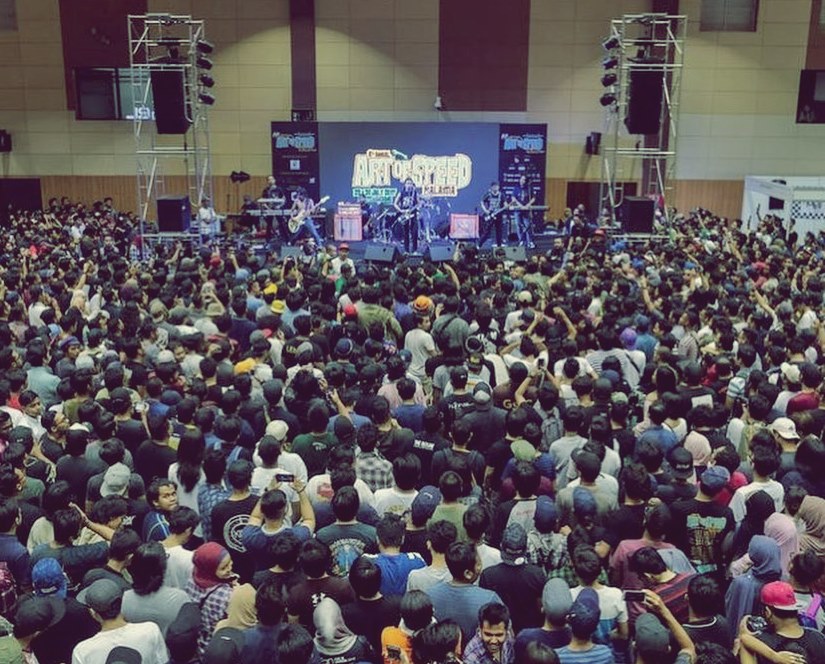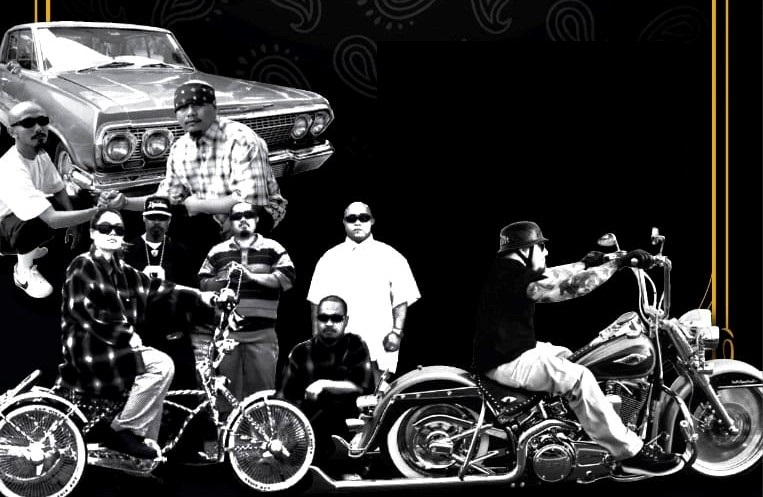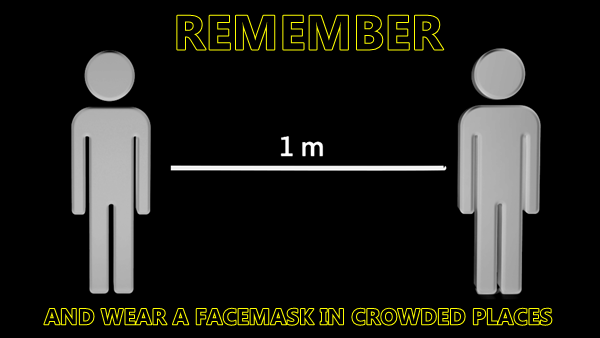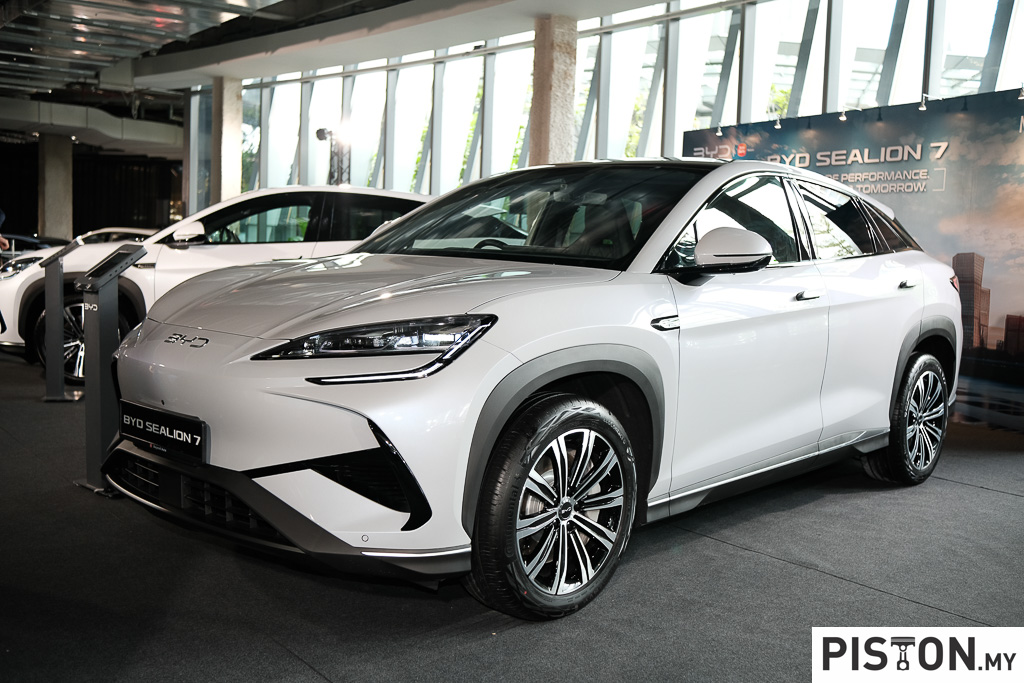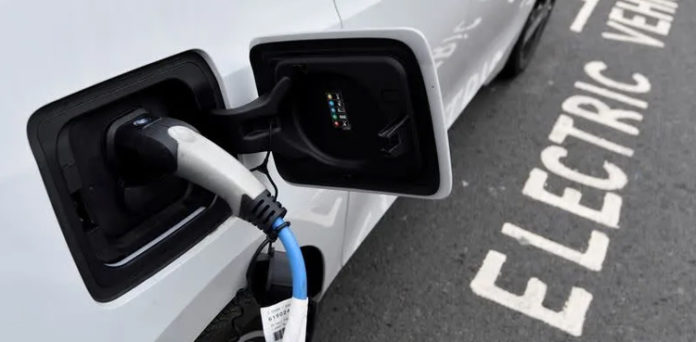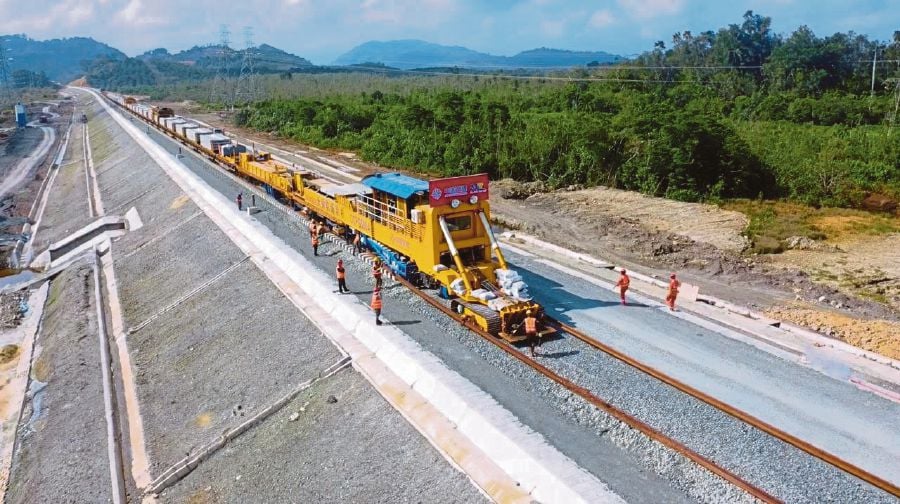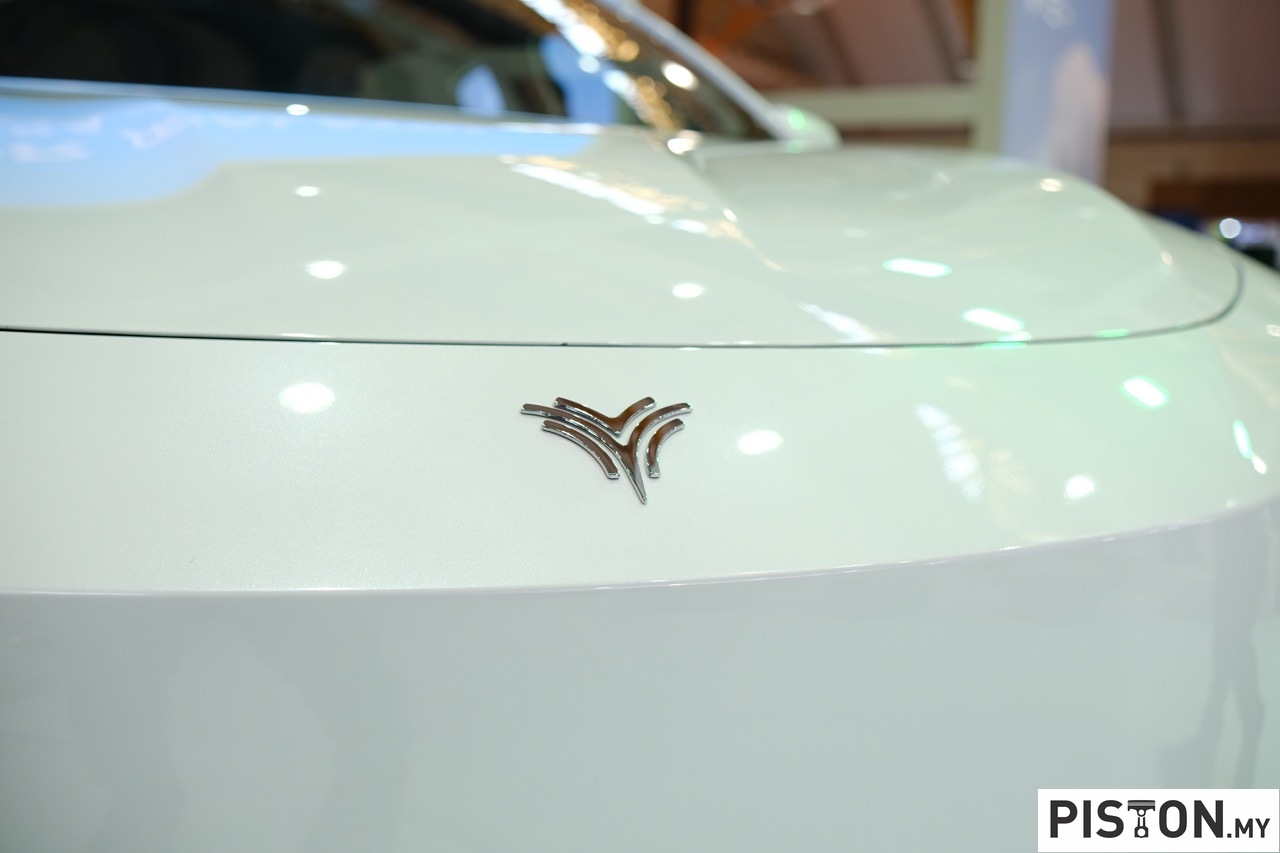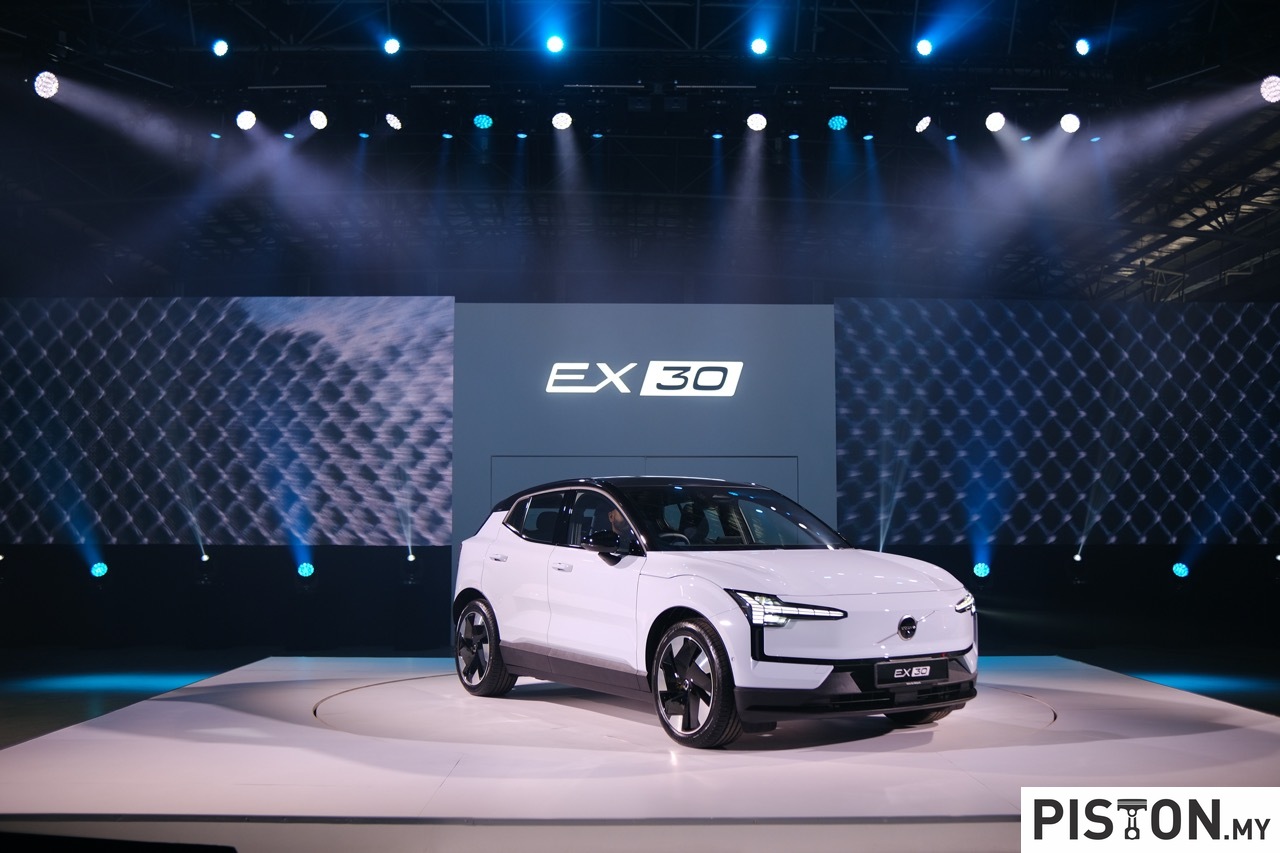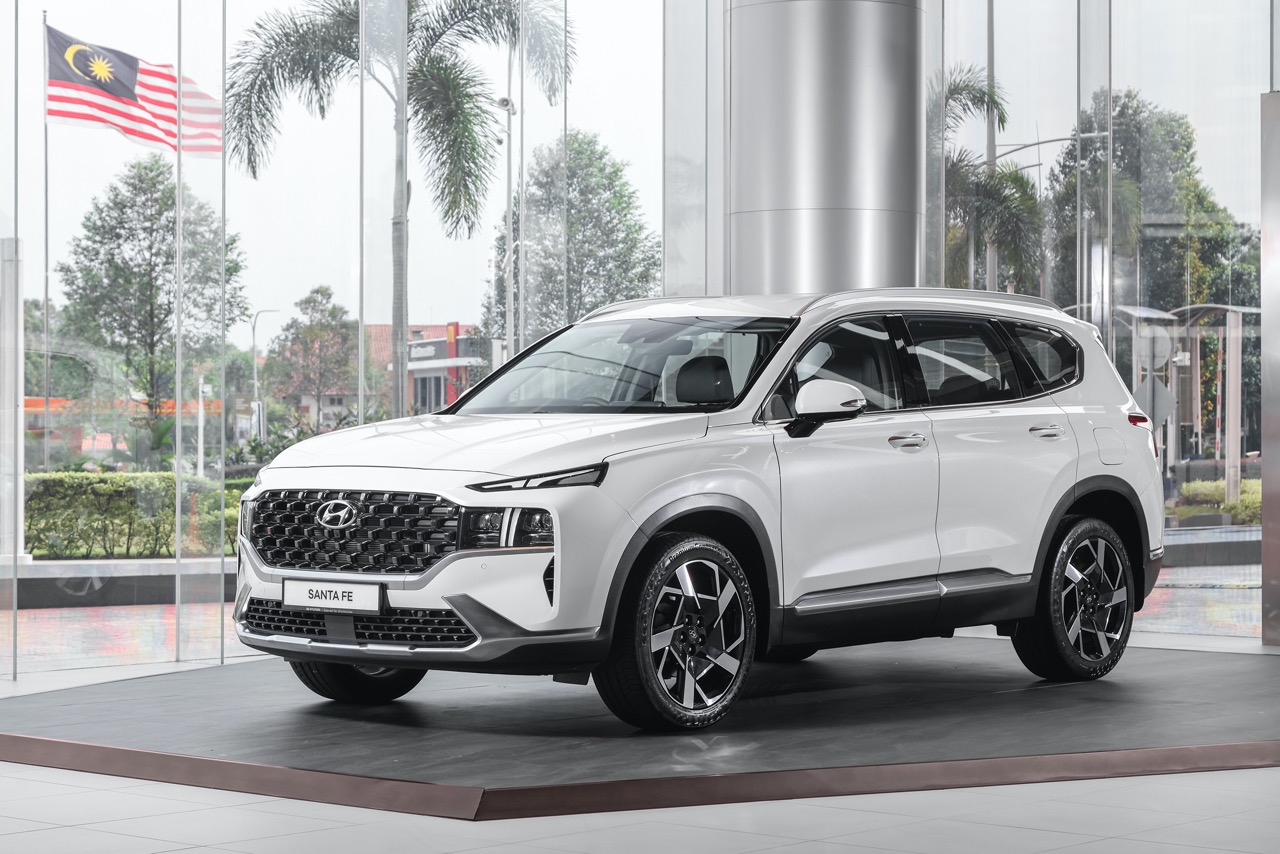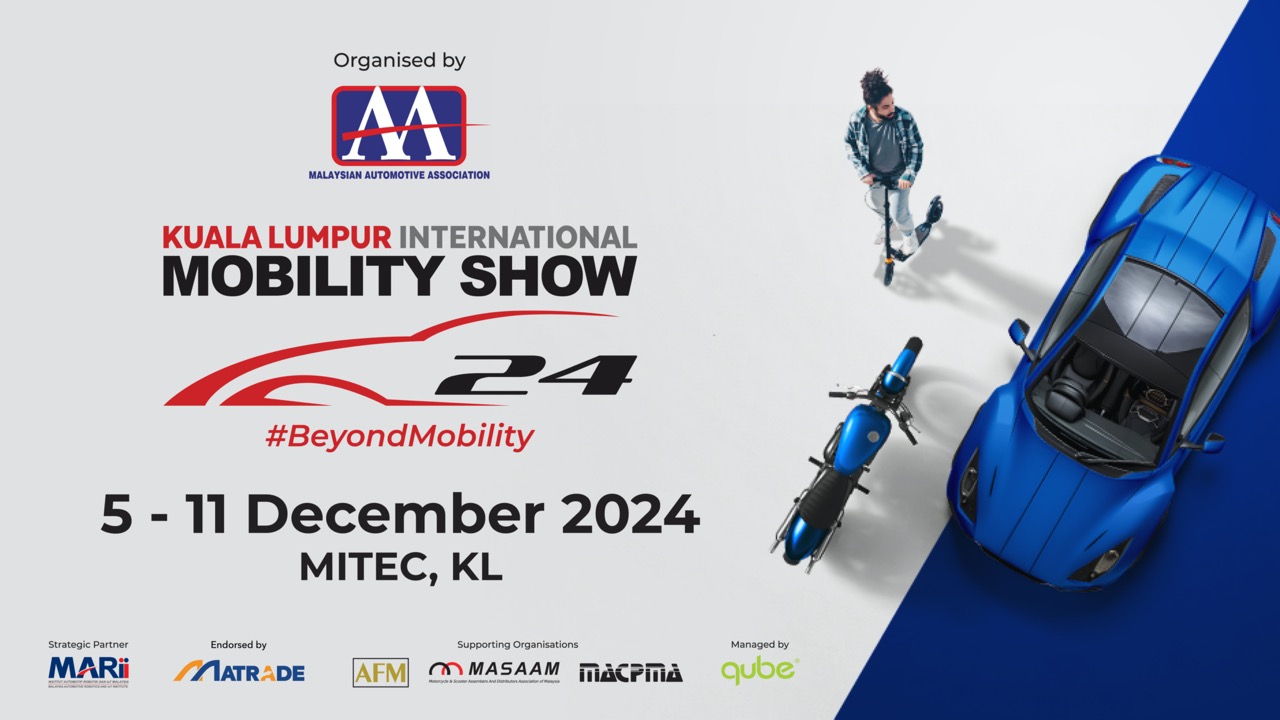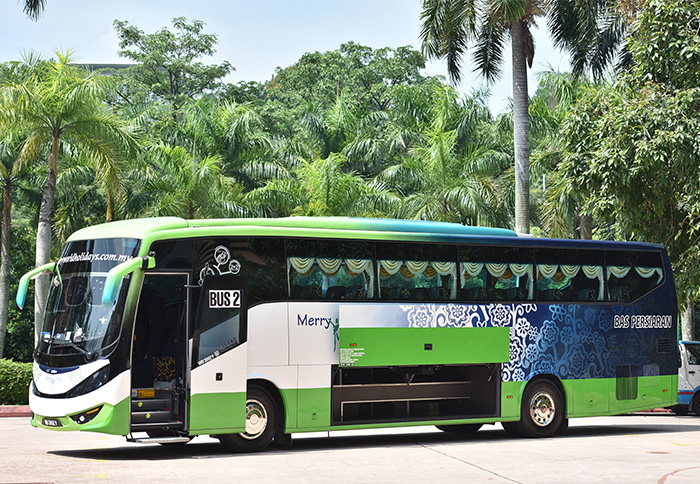New vehicle prices in Malaysia are high due to the high tax rates imposed and because taxes from vehicle sales contribute such a huge amount of revenue, the government has never been able to bring itself to lower tax rates. However, as part of the national recovery plan to boost the nation’s economy after the depression caused by the COVID-19 lockdowns, sales tax was exempted to lower purchase costs.
As always, being able to sell cars at lower prices helps, and the the exemption was initially given from mid-June 2020 to the end of that year. The lowered prices attracted many to buy new vehicles, in spite of uncertainties about the future due to the pandemic. The brisk sales certainly helped the car companies in their recovery and it was hoped that the exemption could be extended a bit longer.
The Finance Ministry agreed and gave another 6-month extension to the end of June, 2021. The exemption applied to vehicles assembled locally as well as those imported in CBU (Completed Built-Up) form. The former would get full exemption of sales tax which is 10%, while the CBU models would qualify for half the exemption, ie 5%. However, the exemption was not applicable to commercial vehicles and pick-ups.
Appeals by the Malaysian Automotive Association (MAA) for a further extension saw the Finance Ministry allowing another period of exemption till the end of 2021. While demand remained high, the industry was hit by the global microprocessor shortage which affected production of vehicles, and the industry asked for another extension as it was still recovering. The Finance Ministry was again agreeable, allowing the extension to the end of June 2022.
RM4.7 billion tax not collected
To date, a total of 868,422 units of vehicles have been sold (during the period of sales tax exemption) and the government has sacrificed RM4.7 billion of taxes, according to the Finance Ministry.
In the past month, the industry has been hopeful that the government will again extend the exemption till the end of 2022. But this time, it looks like the expiry date will not change. The government believes that with the opening of the economic sector, the automotive sector has returned to normal operations.
It does recognise that there are supply issues due to the microchip shortage that prevents vehicles from being completed, and therefore there is a backlog of orders to be met. Many who have made bookings months ago are concerned that they will not enjoy the lower prices with tax exempted if their vehicle is not delivered and registered by the last day of this month. The Finance Ministry is aware that at least 264,000 vehicles already ordered during the exemption period have not been delivered to buyers due to not being available.
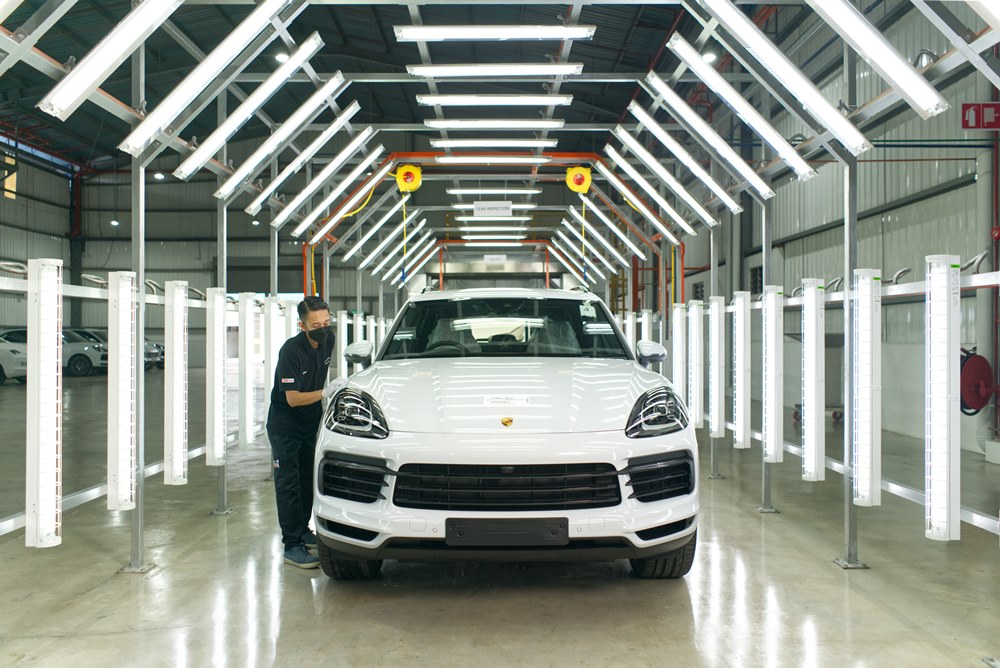
Register vehicle by March 2023
As a compromise, while the government will not extend the exemption period, it will allow those who have booked new vehicles up till June 30, 2022 to have the exemption even if their vehicle is not delivered yet. They must however register the new vehicle with JPJ by March 31, 2023, which should be enough time for delivery.
“The extension of the vehicle registration period is a mid-point solution to balance the interests of consumers and national tax revenue that needs to be increased post-pandemic to ensure the welfare of the people and the country’s economic well-being continue to be preserved,” said Finance Minister Tengku Datuk Seri Zafrul Tengku Abdul Aziz.
So if you thought that because there’s a long backlog of orders for the vehicle you want to buy and there is no point booking now, if you do so before the end of the month, you will still enjoy the lower price with sales tax exemption.














